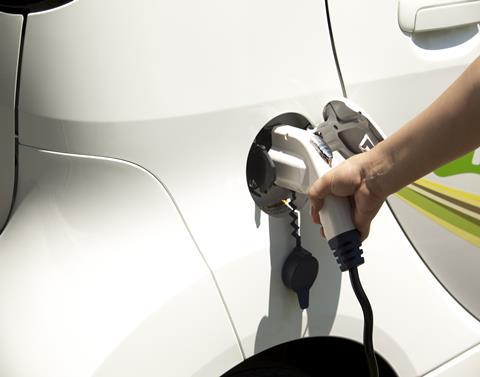Budget 2015: Company car tax rates for ultra-low emission cars will increase more slowly from 2019/20 than previously announced.

Chancellor George Osborne also announced in his 2015 Budget that rates for other cars will increase by three percentage points.
The appropriate percentage of list price subject to tax will increase by three percentage points for cars emitting more than 75 grams of carbon dioxide per kilometre (gCO2/km), to a maximum of 37%, in 2019-20.
There will be a three percentage point differential between the 0-50 and 51-75 gCO2/km bands and between the 51- 75 and 76-94 gCO2/km bands.
Currently, for rates in 2017-18 and 2018-19, as announced at Budget 2014, the appropriate percentage of list price subject to tax will increase by two percentage points for cars emitting more than 75 gCO2/km, to a maximum of 37%, in both 2017-18 and 2018-19.
In 2017-18, there will be a four percentage point differential between the 0-50 and 51-75 gCO2/ km bands and between the 51-75 and 76-94 gCO2/km bands.
In 2018-19 this differential will reduce to three percentage points.
In addition, the fuel duty increase planned for 1 September 2015 will be cancelled.
This was due to rise by 54p per litre but Osborne has announced it will remain frozen.
In his Budget statement, Osborne said the government will have eased the burden on drivers by £22.4 billion by the end of 2015/16.
This equates to a saving of £675 for a typical company car driver.
According to Osborne’s Budget document, fuel duty reductions enable organisations to retain more profit, and increase wages and consumption.
Fuel duty will have been frozen for five years, the longest freeze for more than two decades.
Osborne said: “Due to government action on fuel duty since 2011, by the end of 2015/16 the typical motorist will save £9 each time they fill their tank.”











